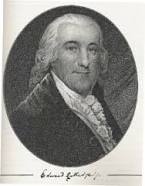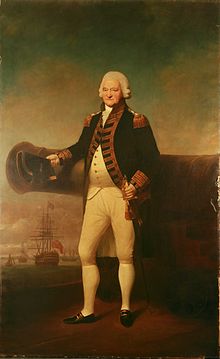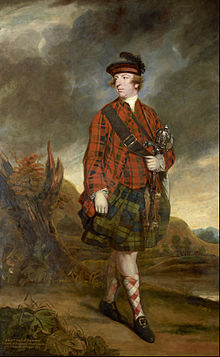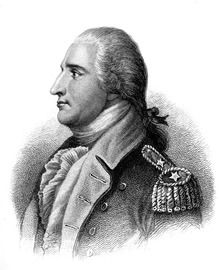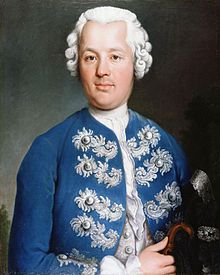
In Philadelphia, the Provincial Conference of Committees urges the people to “select qualified patriots to the Convention, who shall know the ideas and sentiments of their constituents, and, above all, assure the timid and fearful of the high purpose of the Congress.”
In Charleston, South Carolina, Commodore Peter Parker notifies General Sir Henry Clinton that he would land on the mainland tomorrow on the flood tide if the wind was from the south. Parker and his fleet were thwarted by a sandbar for nearly two weeks.
Meanwhile, John Adams writes to Cotton Tufts about the dramatic events going on in Philadelphia as the colonies debate the declaring independence. Adams had argued long and hard for months, and perhaps even he was surprised but the slow yet steady progress his arguments (as well as events) had made upon the others. “You mention Independence and Confederation. These Things are now become Objects of direct Consideration. Days, and Times, without Number, have been spent upon these Subjects, and at last a Committee is appointed to prepare a Draught of Confederation, and a Declaration that these Colonies [are] free States, independent of all Kings, Kingdoms, Nations, People, or States in the World. . . .” As we have seen in prior posts, Adams has requested that Thomas Jefferson take on the job of writing the initial draft of the Declaration. “There has been the greatest Scarcity of News for the last Fortnight, which has ever happened since the War commenced. . . . I make it a constant Practice to transmit to my Family, all the News Papers, where I presume you get a Sight of them. You will find by them, the Course of political Causes and Effects in this Colony. The Assembly [were] necessitated to rescind their Instructions, and [became] so obnoxious, and unpopular, among the Inhabitants their own Constituents for having ever passed them, as to be obliged to die away, without doing any Thing else, even without Adjourning, and give Place to a Conference of Committees and a Convention. Every Part of the Colony is represented in this Conference which is now sitting, and is extremely unanimous, spirited, zealous, and determined. You will soon see Pensilvania, one of the most patriotic Colonies.” John Adams and cousin Sam deserve some credit for this, having helped to encourage a mob to gather and angrily replace the Pennsylvanian delegates who voiced the timid proposals of reconciliation. “New Jersey is in a similar Train. The Delaware Government the same. Maryland is a little beside itself I think, but presently it will blaze out like a Fire ship or a Volcano.” Adams is every day hectoring Maryland delegate Samuel Chase to get his colony in line. However, they felt powerless to act, since the Maryland Convention had adjourned on May 25 without determining their position. Samuel Chase has returned to Maryland to persuade the colony’s leader to call their convention back into session and to endorse independence. Although he has been able to drum up considerable support, the members of the provincial convention have now ordered the Maryland delegates in Philadelphia to return to Maryland to attend the convention, but not to leave congress until they receive a guarantee that they will not take up the question of independence until they return. This may be a hard sell, as congress has already agreed to take up Richard Henry Lee’s resolution, and those seeking independence, such as Adams, smell victory in the air and are in no mood to delay.
Adams continues to describe New York and its lack of gravitas. “New York still acts in Character, like a People without Courage or sense, or Spirit, or in short any one Virtue or Ability. There is neither Spunk nor Gumption, in that Province as a Body. Individuals are very clever. But it is the weakest Province in point of Intellect, Valour, public Spirit, or any thing else that is great and good upon the Continent. It is incapable of doing Us much good, or much Hurt, but from its local situation. The low Cunning of Individuals, and their Prostitution plagues Us, the Virtues of a few Individuals is of some Service to Us. But as a Province it will be a dead Weight upon any side, ours or that of our Enemies.”
Join us at Bow Tie Tours for Philadelphia’s Best Historical Walking Tours. Sign up for our “Independence Extraordinaire” tour, which includes admission into Independence Hall, and be sure to check out our special July 4th 7-hour event, which has limited tickets.


